US mass shootings in the spotlight but gun violence against poor ignored
The United States is on a record annual pace for mass shootings, averaging two such incidents every day this year. High summer temperatures, soaring economic inequality, a nation awash in guns with lax supervision over them; there seems to be a universal belief that the epidemic of mass shootings won't decline anytime soon.
However, there is increasing anger over which mass shootings get political attention and which do not.
Every day 120 Americans are killed with guns and more than 200 are shot and wounded.
But the recent murder of three black people in Florida by a white racist was immediately seized upon by the political classes, even though domestic far right extremists killed just 25 people last year.
As I made clear in my inaugural address, white supremacy is a poison. It's a poison.
And it's been allowed to grow faster and to fester in our communities, to the point where the US intelligence community have determined that domestic terrorism, rooted in white supremacy, is the greatest terrorist threat we face.
US President, Joe Biden
Shootings at schools also get massive attention but what is repeatedly ignored is that the victims of debilitating gun violence are most commonly from poor neighborhoods.
It's a tragedy when these things are happening. But when those things happen, they usually happen in these white schools in rich neighborhoods, they're going to find them they're going to support [sic] the media is talking about it.
The world cares about gun safety, but we're talking about on a daily basis and no one cares.
A 13 year old said I carried a gun to school because I want to make it there safely, not because i want to hurt somebody. I think that speaks (volumes) for a 13 year old to be able to say something like that.
And I think those are situations and stories that need to be told. And those are the ones that need to be invested in how are we able to make that shift and make that happen.
Carlil Pittman, Goodkids Madcity NGO
Gun control is a constant media topic, but there is almost no discussion about the economic and social redistribution programs which have been proven to reduce mass shootings in poor areas.
The investment is not going in the right space, they invest so much, entirely on the policing aspect of it. And they've done [sic] it for decades and its repeatedly proven to not work or make a difference.
Building communities again, take them off the block; take them to other spaces and investing that money and putting money in their pockets.
And teach them skills at the same time. And that's the aspect and quantity that's missing.
Carlil Pittman, Goodkids Madcity NGO
The US gun homicide rate is 26 times that of other high income countries.
US economic inequality is the highest of any nation in the Organization for Economic Cooperation and Development, the so called club of rich countries.
Magnetic revolution: Iran’s nano-solutions driving cleaner and greener oil industry
Deadly clashes erupt in Syria’s Aleppo as US-backed SDF forces defy HTS rule
FM Araghchi: Iran’s internal affairs solely matter of its people
Iran army chief: Enemy threats will not go unanswered
Iran: Israeli FM’s visit to Somaliland a ‘dangerous precedent’
Rome protests Maduro abduction by US
Leader of Yemen’s separatists flees ahead of talks in Saudi Arabia
Venezuela to deliver 30-50 million barrels of oil to US: Trump


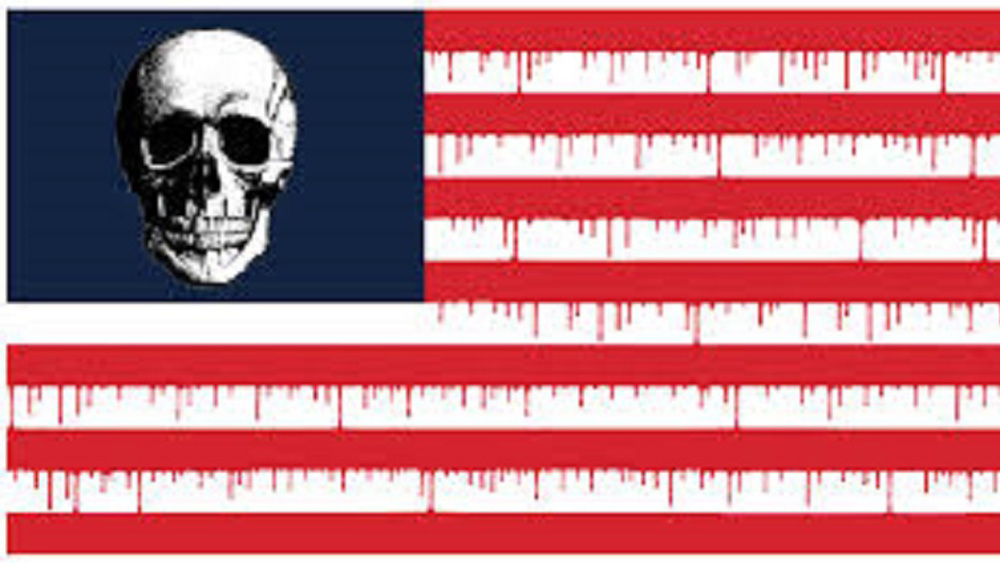
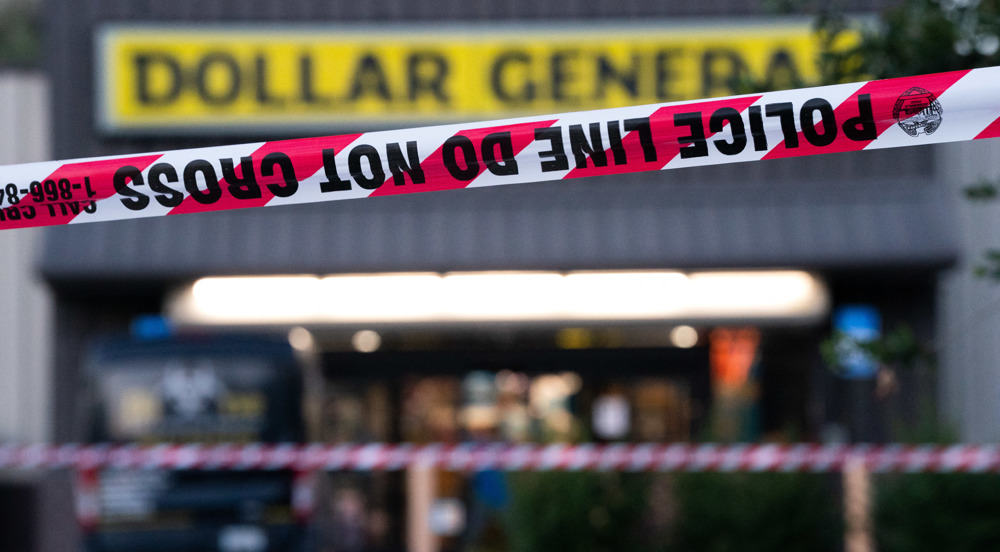
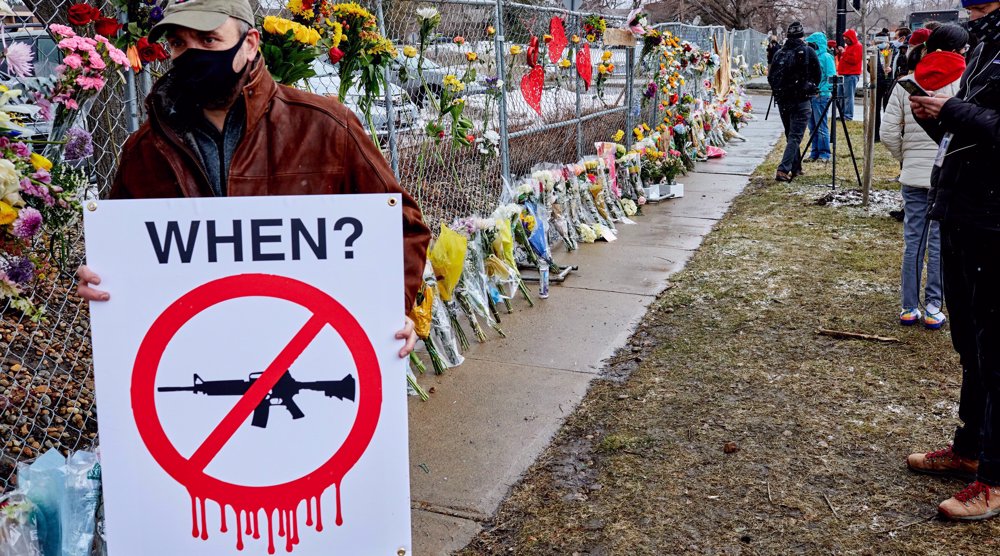
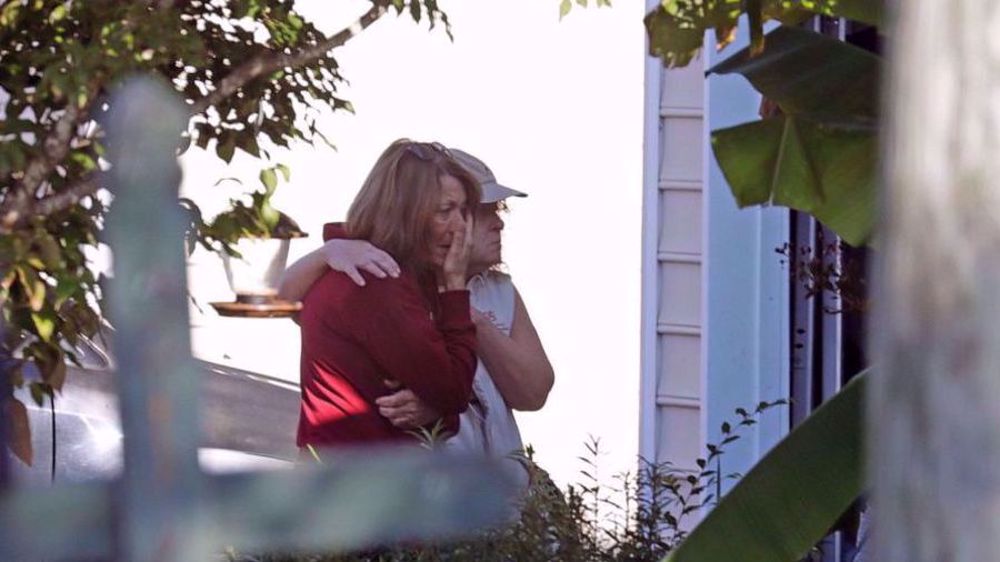
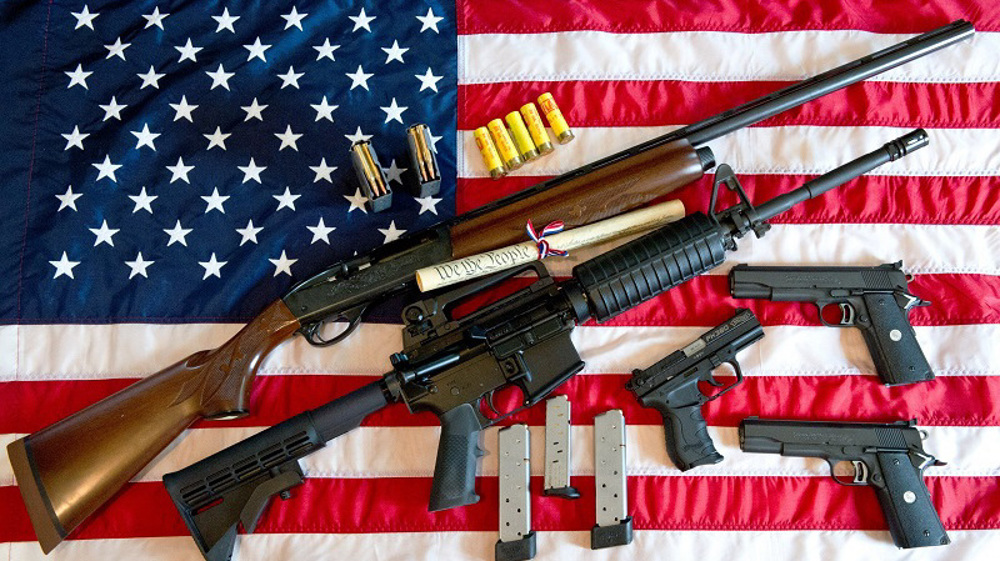
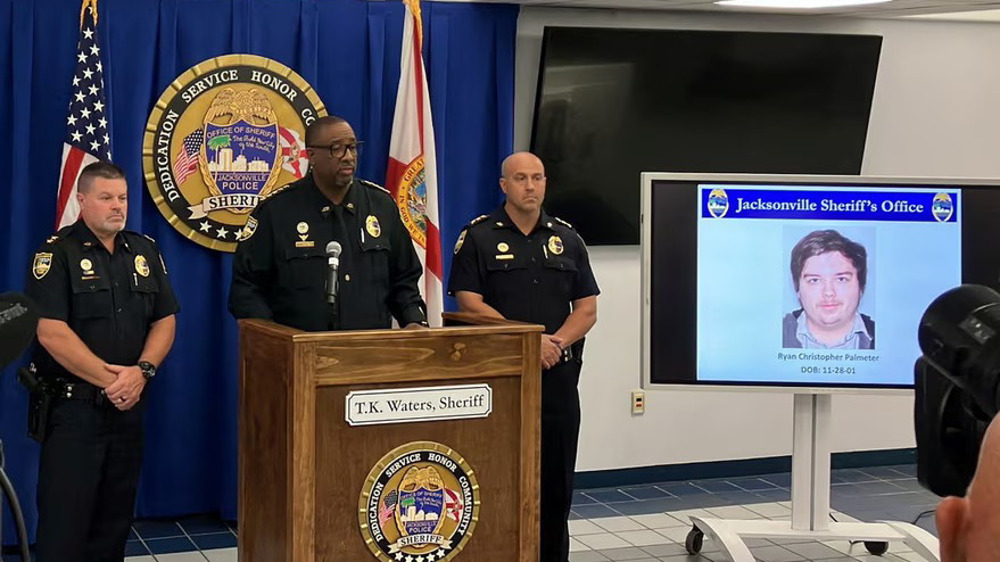
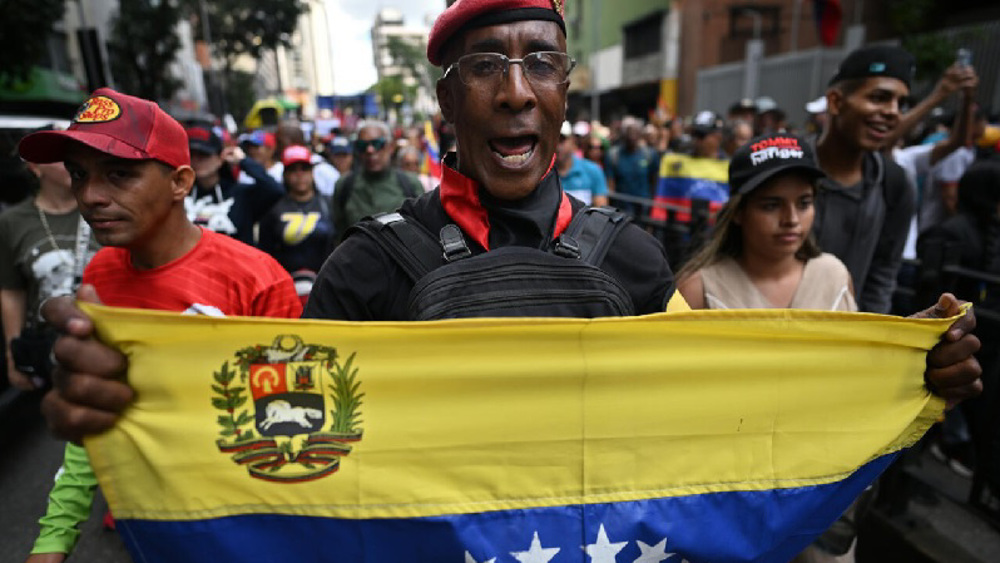
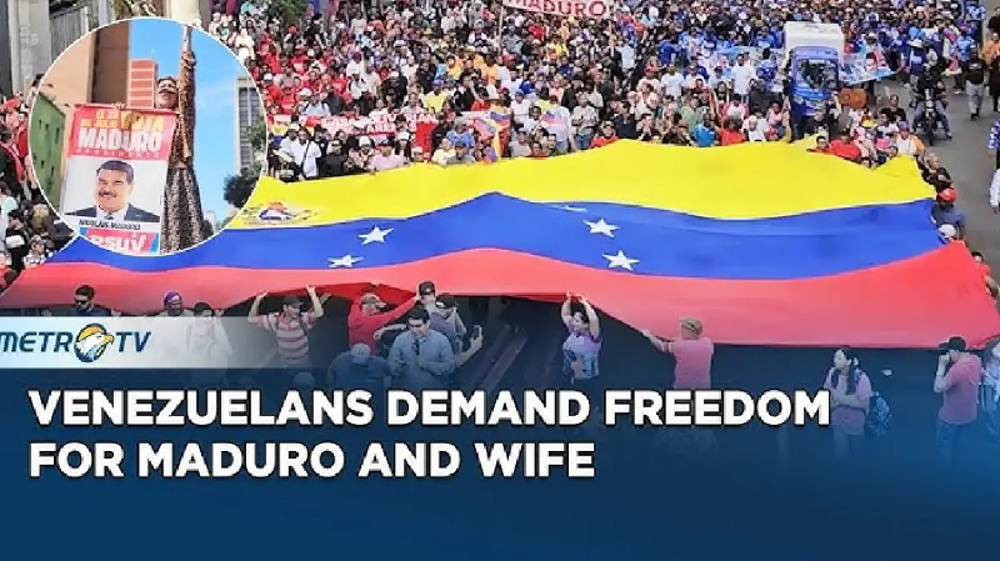
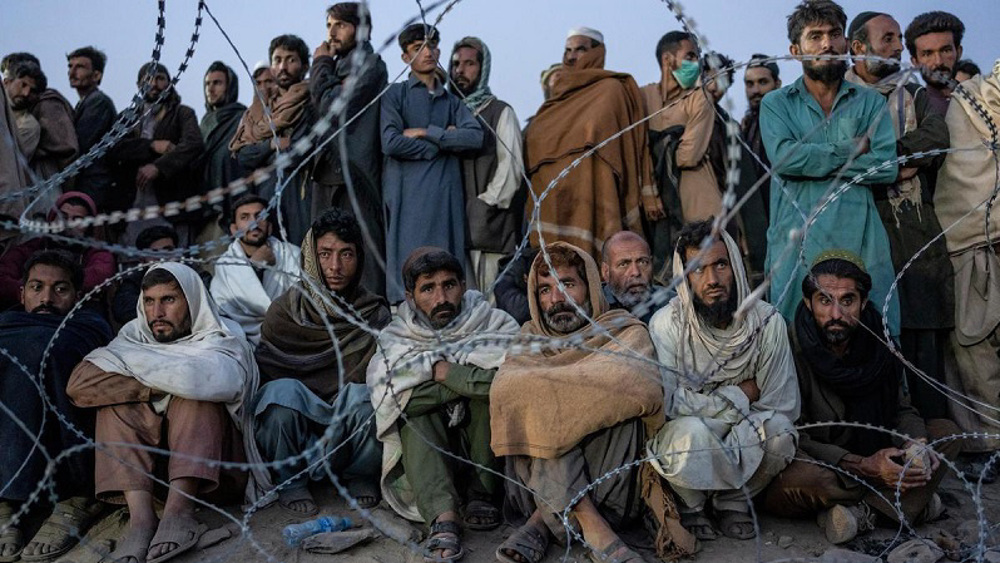



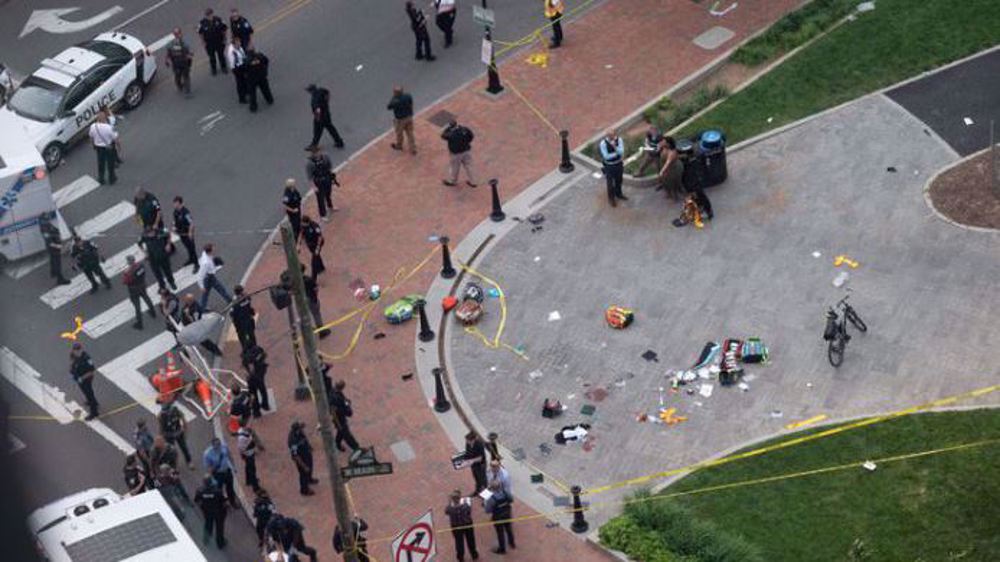
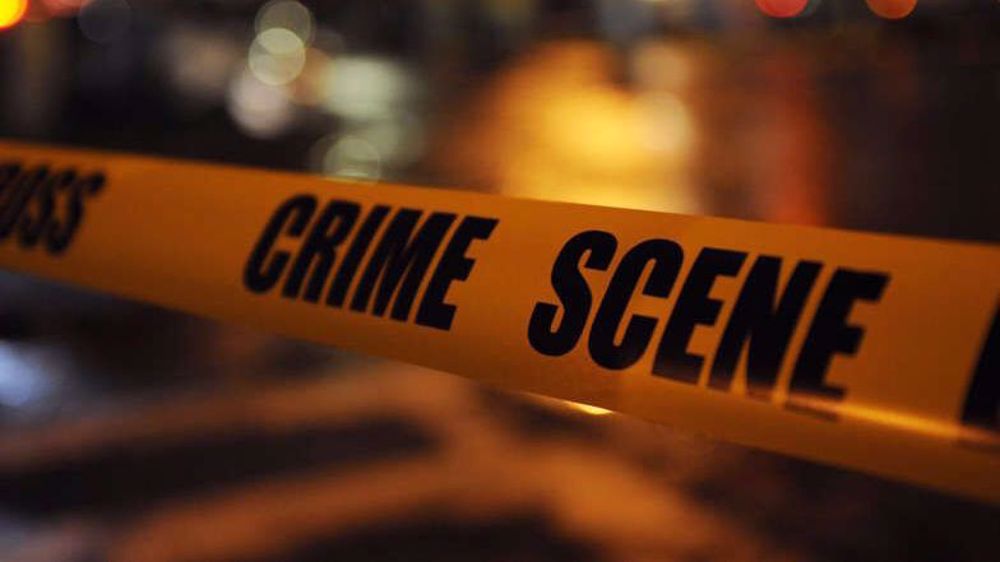
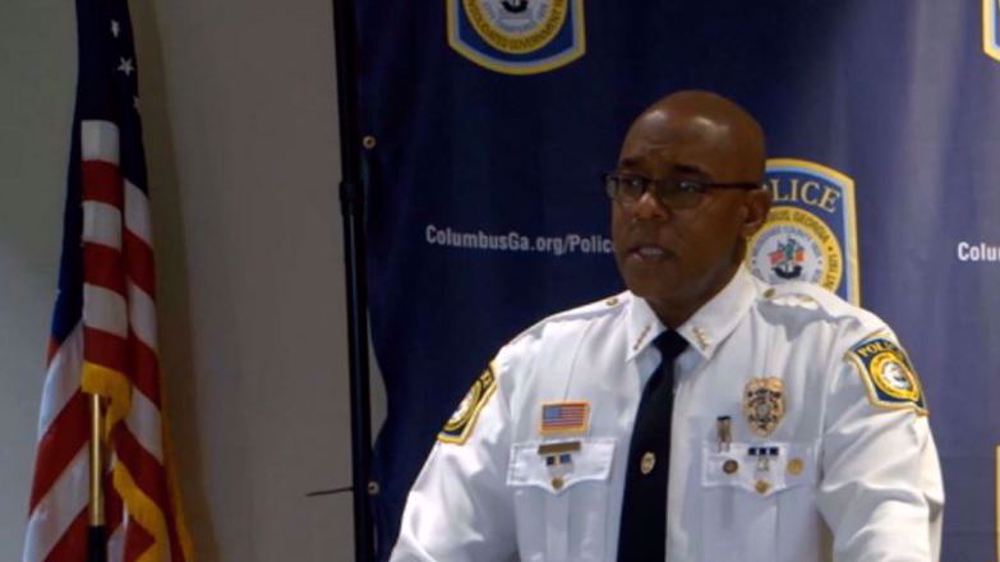
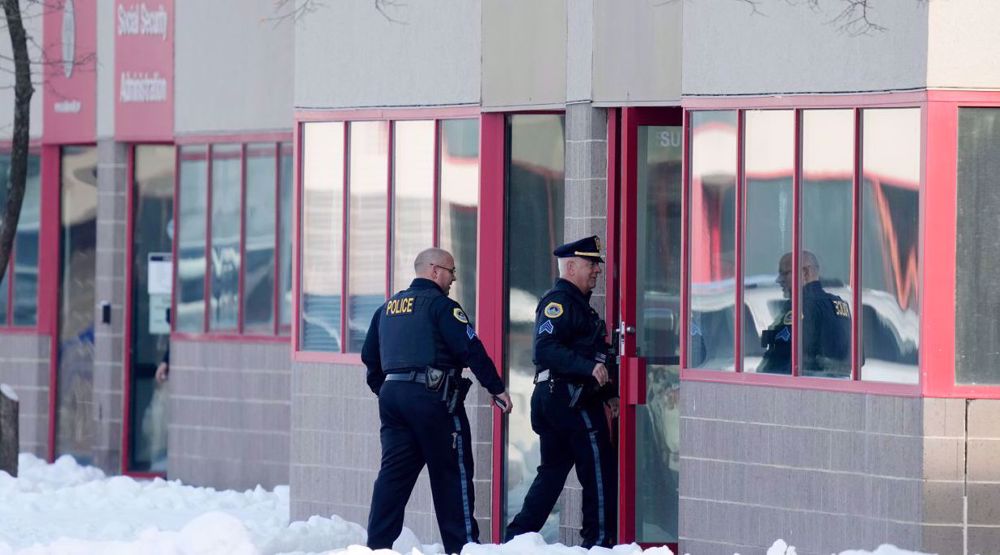
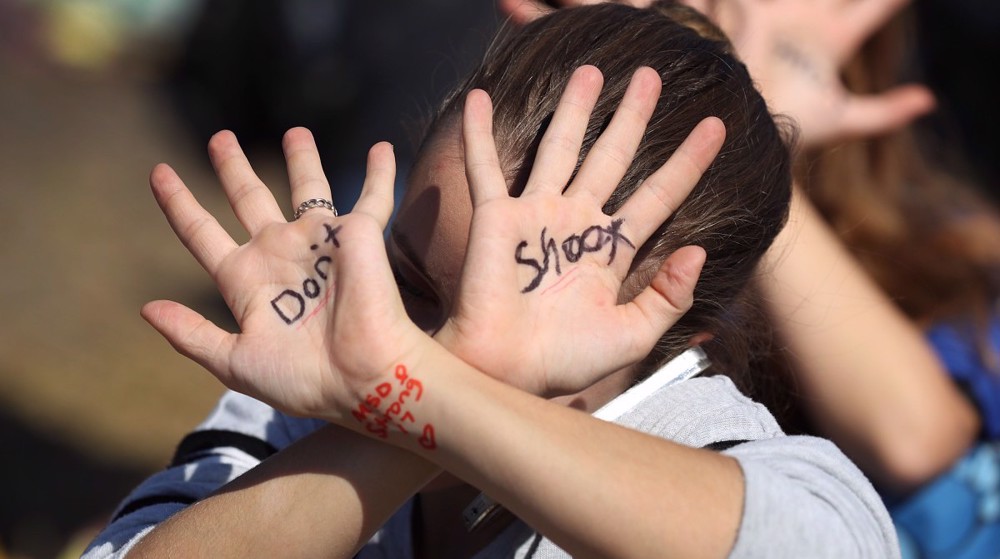
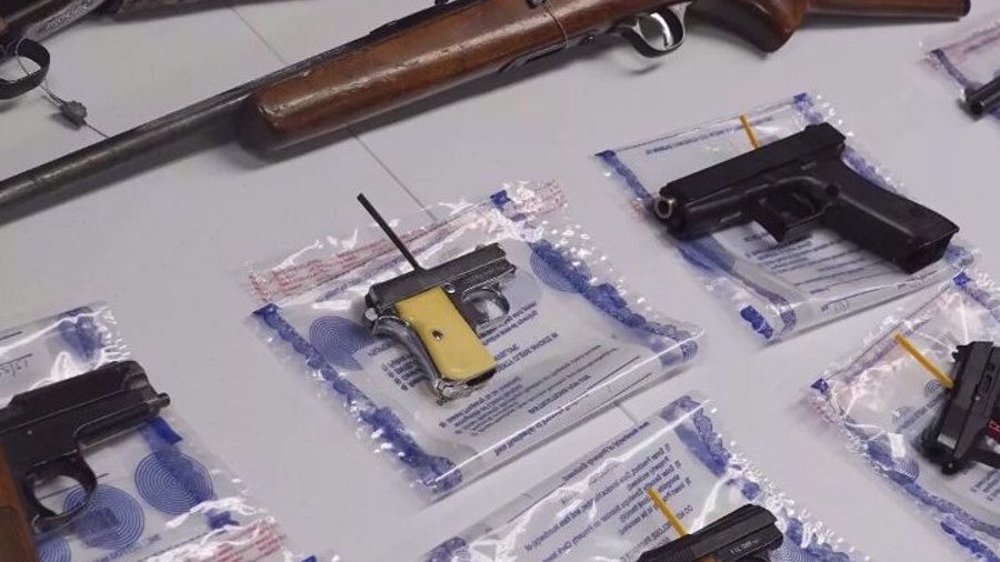
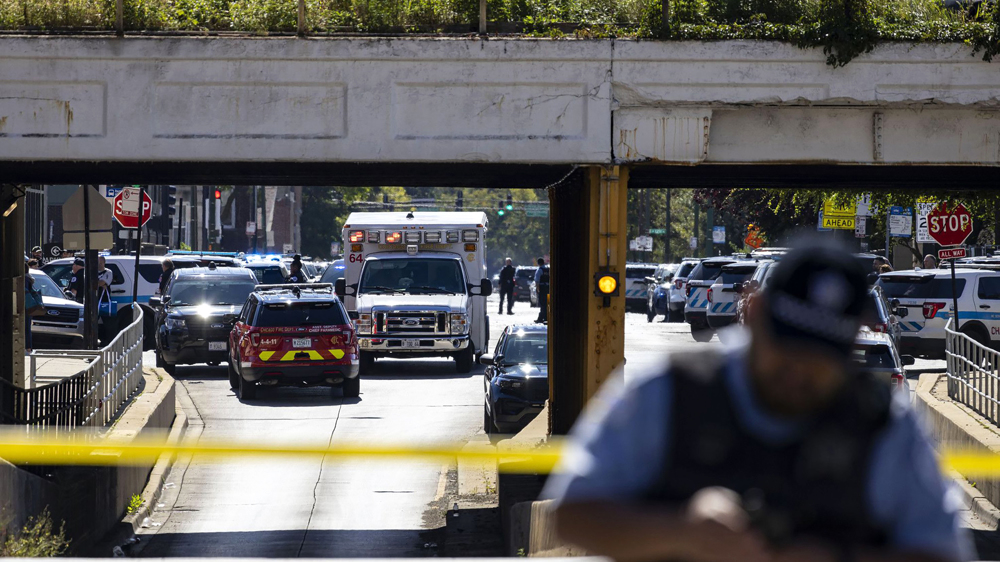
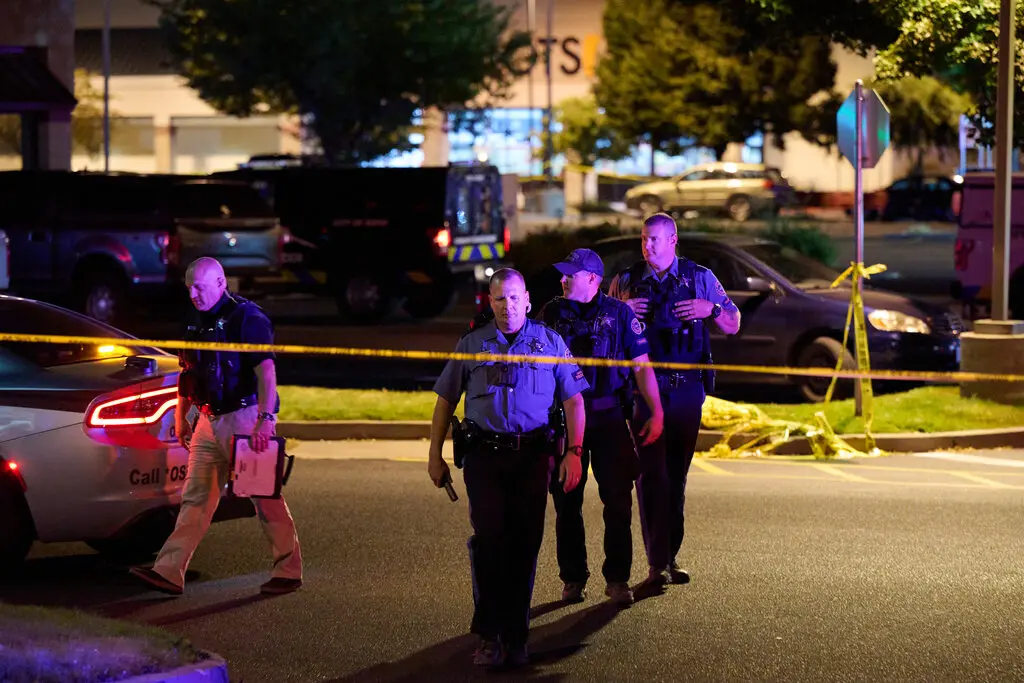
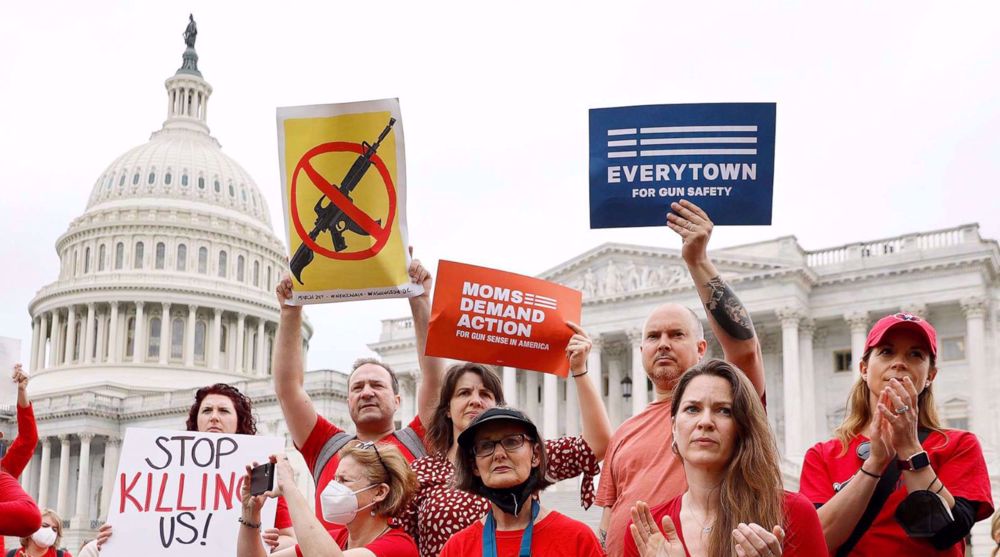

 This makes it easy to access the Press TV website
This makes it easy to access the Press TV website